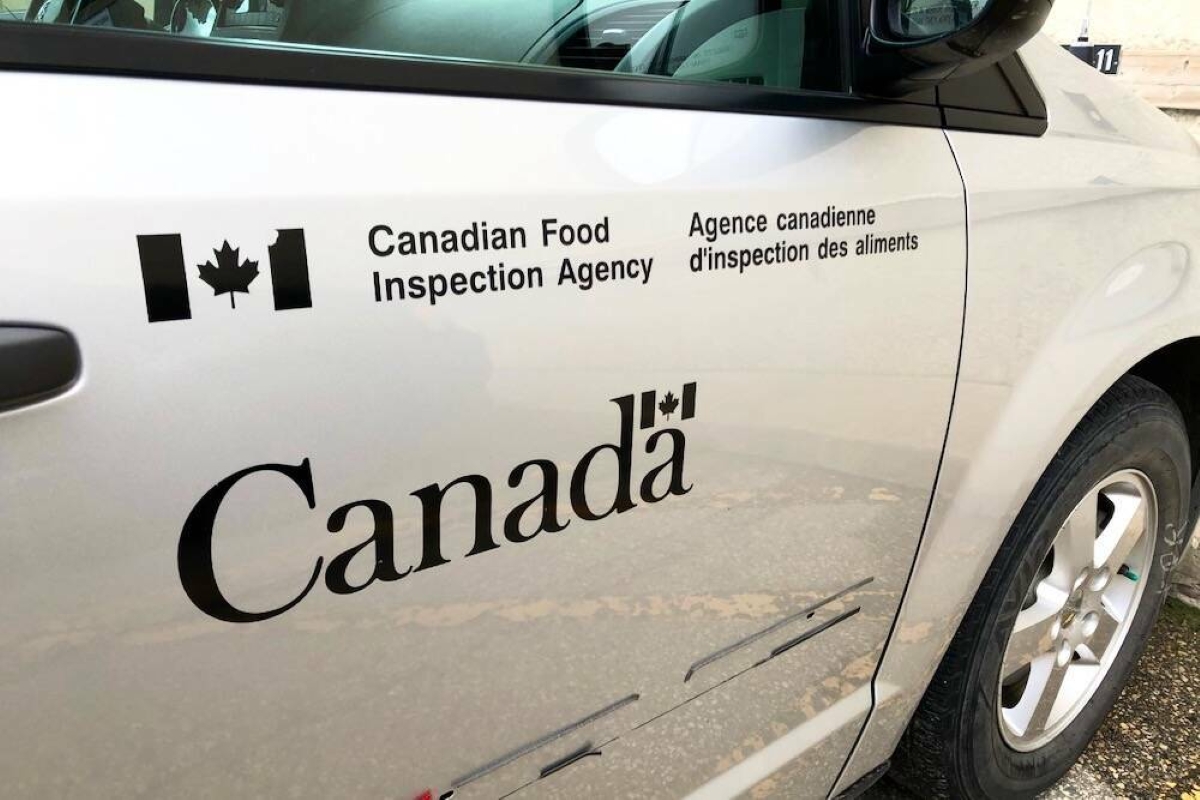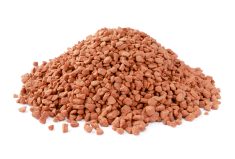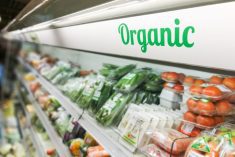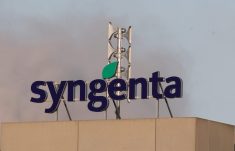The federal government is asking for public input as it prepares to implement interim rules for municipal wastes imported into Canada or sold as fertilizer.
The consultation period began Dec. 22, and ends Feb. 20, the Canadian Food Inspection Agency (CFIA) said in a Dec. 22 news release.
Using municipal waste as fertilizer has potential environmental benefits, namely reducing greenhouse gas emissions and reducing the need for synthetic fertilizer, the CFIA said in a May news release.
Read Also

Canadian Food Inspection Agency hit by job cuts
The union representing most of the Canadian Food Inspection Agency staff warned of potential food safety concerns after workers learned of coming job cuts.
However, they can contain toxic chemicals that don’t degrade over time–specifically per-and polyfluoralkyl substances (PFAS), the May release said. In May, the CFIA announced it would consult the industry and provinces with the intention of implementing an interim standard of less than 50 parts per billion of the PFAS called perflurooctanesulfonic acid in fertilizer-bound biosolids.
In an consultation report, the CFIA said those consulted were largely in favour of the interim standard. Stakeholders asked for detailed guidance for those who generate, process, or import biosolids.
Other respondents questioned the narrow scope of the interim standard, and asked if the CFIA would consider applying the same limits to composts, digestates and other mixtures likely to contain PFAS.
Commenters also said the most effective way to minimize PFAS levels is to control their discharge at the source.
The CFIA said it plans to implement the standard in early 2024.
—Geralyn Wichers is associate digital editor of AGCanada.com. She writes from southeastern Manitoba.
















